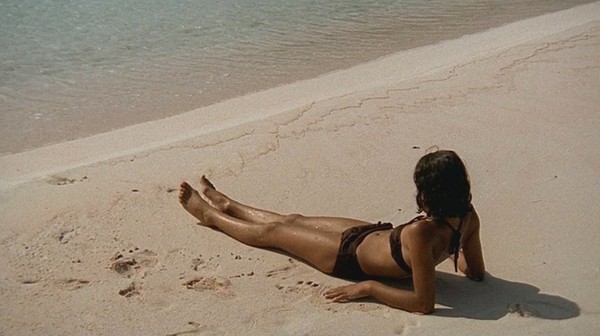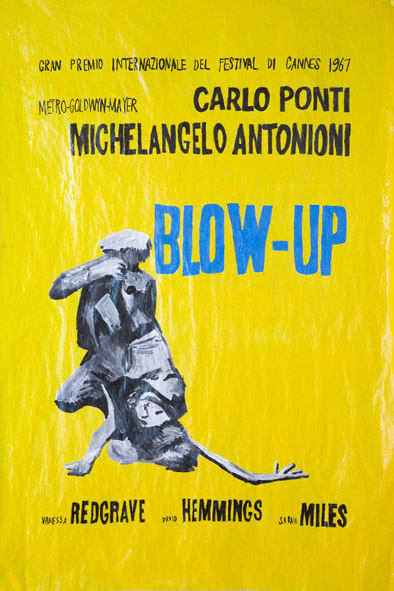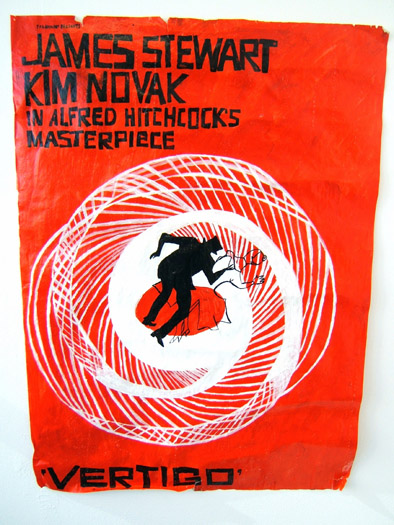"Once there was a girl on an island. She was bored with grown ups, who scared her. She didn't like boys, all pretending to be grown ups. So, she was always alone. Among the cormorants, the seagulls, and wild rabbits. She had found a little isolated beach where the sea was transparent and the sand pink. She loved that spot. Nature's colours were so lovely and there was no sound. She left when the sun went down.
One morning, a boat appeared. Not one of the usual boats, a real sailing ship, one of those that braved the seas and the storms of this world. And, who knows... of other worlds. From afar, it looked splendid. As it approached, it became mysterious. She saw no one aboard. It stopped a while, then veered and sailed away. She was used to peoples' strange ways and was not surprised. But no sooner back on shore ... there! (sound of singing). All right for one mystery, but not two!
- who was singing?
The beach was deserted. But the voice was there, now near, now far. Then it seemed to come from the sea, an inlet among the rocks, many rocks that she had never realised looked like flesh. And the voice at that point was so sweet."
- who was singing?
"Everybody. Everything."
Story from Michelangelo Antonioni's sumptuous 1964 colour film 'Il Deserto Rosso'.
I wrote this passage down in my journal after watching Il Deserto Rosso last year, the use of the vignette in the narrative, it's contents, imagery and tone all reflected similar thoughts I had about a series I am working on at present. I enjoy taking the time to take down something in my own hand, to go back and reread.
Also, I think the people's handwriting will be completely illegible in twenty years.







